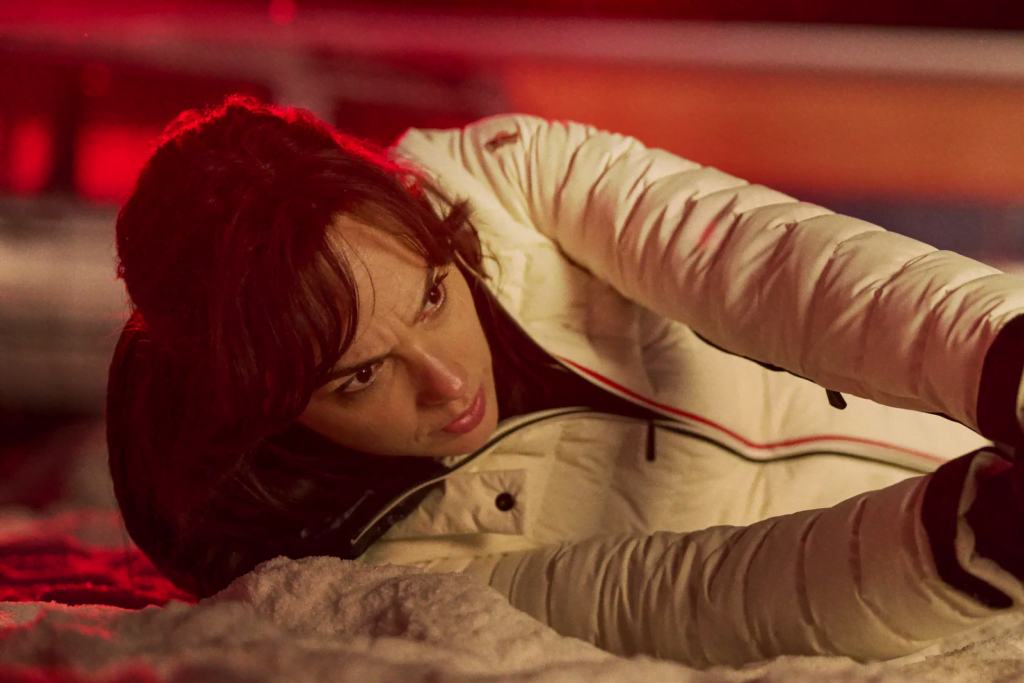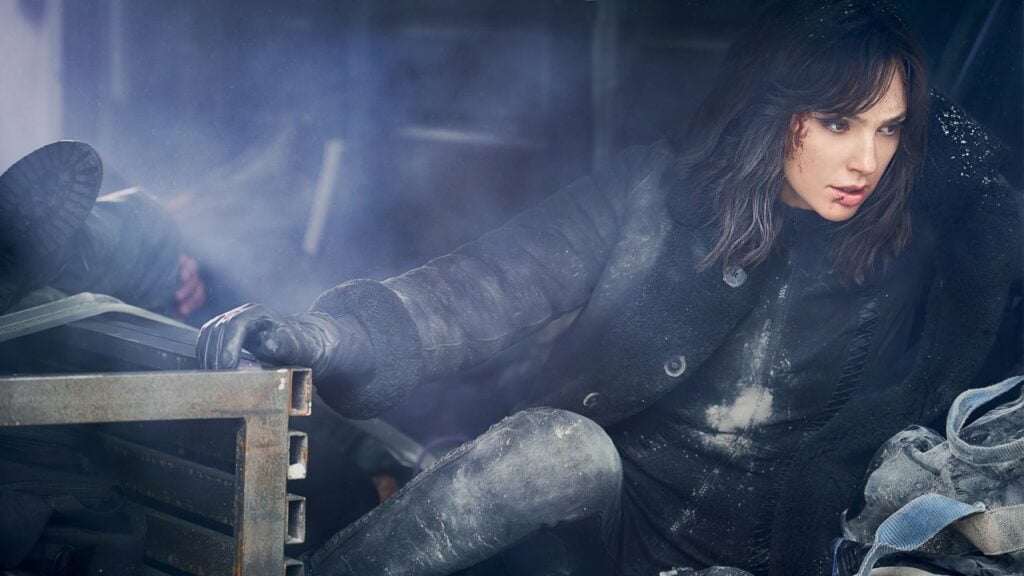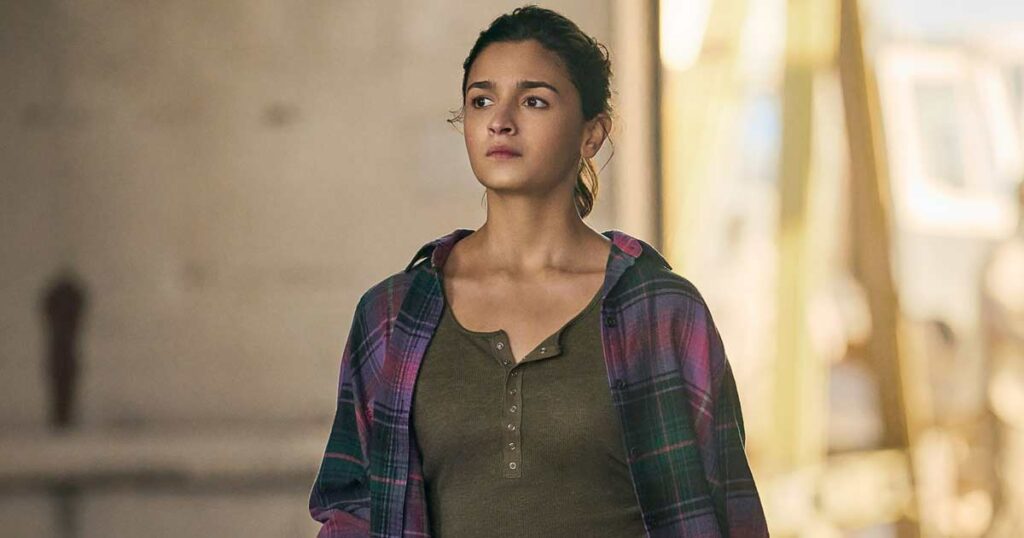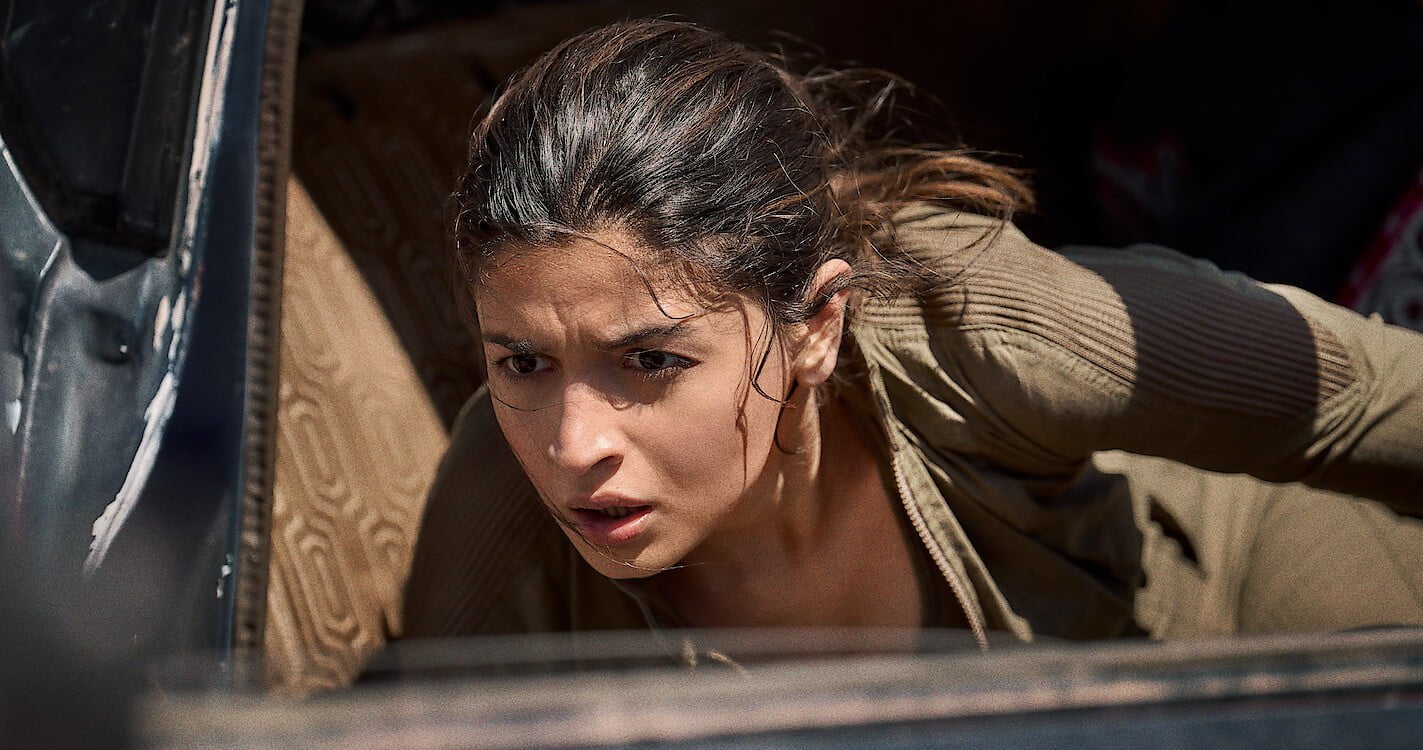AI, big data, and supercomputers as militarised weapons have been recurrent themes within the action genre, particularly its subset of spy flicks. From 2001: A Space Oddessy to the recent new instalment of the Tom Cruise-led Mission: Impossible franchise, computers have now replaced their human counterparts as the villains.
In the present day, however, as AI evolves from a futuristic concept to an integral daily tool, a pervasive unease surfaces around relinquishing decision-making to machines. This mounting anxiety fuels a surge of films probing the ethical dilemmas of these technological marvels, particularly their ominous potential as military-grade weaponry.
The convergence of AI’s utility and its moral implications creates a compelling backdrop for narratives that scrutinise human agency, the boundaries of surveillance, and the haunting prospect of machines dictating our fate. With militarisation amplifying the stakes, these films navigate the fine line between technological prowess and the perils of ceding human agency to algorithmic dominion.
Heart of Stone is victim to its tropes
It is precisely this thematic that Netflix’s newest kid on the block picks up on, albeit with a slight technical deviation. First, in the promised upcoming franchise, Netflix’s Heart of Stone was released exclusively on the streaming platform on 11th August 2023. At the ‘heart‘ of its storytelling lies the Heart, owned and controlled by the Charter, a secret spy organisation led by ex-heads of some of the biggest intelligence agencies in the world. The Heart is an AI supercomputer with predictive abilities.
Instead of the quintessential human mastermind behind spy organisations then, it is the Heart that guides the missions that Charter agents are assigned, based on the probability of an outcome calculated by the supercomputer.
At the ‘heart‘ of its storytelling lies the Heart, owned and controlled by the Charter, a secret spy organisation led by ex-heads of some of the biggest intelligence agencies in the world. The Heart is an AI supercomputer with predictive abilities. Instead of the quintessential human mastermind behind spy organisations then, it is the Heart that guides the missions that Charter agents are assigned, based on the probability of an outcome calculated by the supercomputer.
As it is, the charter’s job description is to fill in the gaps that governments leave behind, carrying out peace operations in secret, hidden away from sight even by secret intelligence agencies. The organisation is run by 4 kings handling their own teams, all taking their instructions from the Heart.
Unlike other AI-centric films, however, the Heart remains under the complete control of its human possessors: despite its “perfect intelligence,” the computer is devoid of any personality that may prompt it to go rogue, as AI often does like in 2001, or even Avengers: Age of Ultron.

The story itself follows one of the Charter’s best agents, Rachel Stone, played by Gal Gadot, undercover as an MI6 agent on a standard mission to take in a notorious black-market arms dealer. Despite her extensive training, Stone is tasked to masquerade as a rookie agent with next to no experience in the field. Quickly, however, one thing spirals into another and Stone finds herself, along with her MI6 team hurtled head-first into a trap that somehow goes undetected by the Heart.
Sitting ducks to a well-laid-out plan, Stone ignores orders from the Heart to follow her own instead, choosing to save her teammates thereby risking compromise to the Charter’s secrecy. Double-crossed by a particular member of this very team, Stone is laid off due to her actions, and removed from an operative basis.
Gadot’s character is written in a way to emphasise her wariness of taking orders merely from a machine, who in the words of Stone’s handler, does not care about the “why” and focuses on the “what.” Although she welcomes the tech to aid decision-making and provide statistical odds, Stone likes to do things old-school, where human ingenuity becomes paramount in a field operation.

Speaking of ingenuity, Heart of Stone, itself does nothing new with its thematic choices. As far as the story and the concept of the film goes, Heart of Stone takes the road most often travelled by others of its genre. While Stone’s stance on AI and the need for independent decision-making brings forth an important point, the film falls back into asserting that AI in the hands of the “right” people works for the greater good.
This narrative completely papers over the fact that predictive AI machines such as the Heart function on unpermitted surveillance of the masses.
The Heart in the film emerges as a Big-Brother-esque figure that is more mythical and symbolic of power and a depersonalised machine that answers to who possesses it. Choosing to follow suit with a chain of predecessors, Heart of Stone does not follow its own advice: going off the books.
With repetitive tropes and under-written characters, Heart of Stone would be slated to join ranks with the rest of the mediocre output this genre has seen, if not for the rather fresh dynamic between Gadot and Bhatt stepping in to save the day.
But Alia steals the ‘heart‘
Noteworthy as Alia Bhatt’s Hollywood debut, Heart of Stone features Bhatt as the misled antagonist with a plan for vengeance. Alia’s first international feature asks her to play Keya Dhawan, a 22-year-old mastermind hacker from Pune, India. Orphaned at the hands of a briefly mentioned billionaire who inspires her into joining ranks with a rouge MI6 agent who wants to steal the Heart for himself. Successful in their operation, the Charter is quickly brought to its knees without its chief weapon a.k.a the Heart.
Luckily though, Rachel Stone with her off-the-books method steps in as the ultimate crutch (along with Dhawan’s timely change of sides) to save the organisation before all of the organisation died. A separate crutch of its own, what ends up saving the film is Gadot and Bhatt’s fantastic dynamic.

In all their interactions, Stone develops a soft spot for Dhawan’s wounded character, perhaps seeing a little bit of herself in her. What began as banter ends as an almost sister-esque equation with them joining hands to fight the bad guys. If Heart of Stone is supposed to be the first film in the series to lay the groundwork for future releases, the film does a decent job at inciting excitement over the Bhatt-Gadot pairing, if nothing else.
Alia’s Hollywood debut turns out to be more memorable than the efforts made by her counterparts, even as she chooses a role that remains central to the events of the film. With fast-paced action and well-shot action sequences make the film worth a one-time watch even if it is mostly for the spectacle.
About the author(s)
Ananya is a writer and researcher of all things literature. With a particular emphasis on film, gender, and sexuality, she is great at curating the perfect movie night, but when it comes to life itself, she's still figuring out the script.





A very well reviewed movie,proud to see Alia there